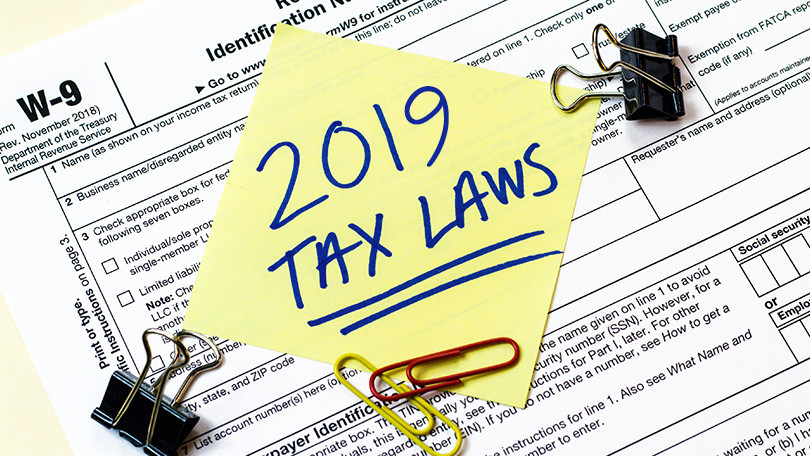Extensive regulatory and tax reforms in Azerbaijan's national economy in recent years are helping reshape the South Caucasus’ largest economy, which is now considered one of the top destinations worldwide for doing business.
Azerbaijan is ranked among the top 10 economies that implemented reforms in 2017 and 2018 and made the regulatory environment more business-friendly, according to the World Bank Group’s 2019 “Doing Business” report. Starting a business, getting credit and paying taxes are the areas that shared the bulk of reforms with eight reforms in each.
Substantial reforms in the tax code, adopted late last year, have included reforming the taxation of both individuals and corporations, and ultimately fighting the shadow economy to stimulate growth and bring more people into stable and official employment. Under one of the new amendments that went into effect as of January 2019, individuals making AZN 8,000 ($4,700) in non-oil and private sectors of the economy are fully exempt from income tax. Income above AZN 8,000 is taxed at 14 percent.
Tens of thousands of Azerbaijanis have been employed in past years as hired workers, but their employment was not validated by labor contracts, which led to dire situations when individuals sought retirement pensions and could not collect them. In some cases, labor contracts existed, but no real wages were specified.
“During the [first] 4 months of the current year, the number of legally hired workers increased by more than 80,000 people,” Minister of Taxes, Mikayil Jabbarov, said in an interview with Azertag. “Most of this growth - about 56,000 of new contracts fall on the non-oil sector. I think these figures testify to the fact that the effectiveness of reform has been clearly demonstrated in the early months.”
Minister of Taxes, Mikayil Jabbarov said the reforms have had a positive effect on the state budget during the first four months of this year.
“The volume of taxes paid both in the oil and non-oil sector is higher [in the first four months of this year] than in the same period of 2018 or the forecast. In the first quarter state budget received 10.4 percent more tax revenues than it was forecasted. Compared to the last year, the growth was 16.5 percent,” Mikayil Jabbarov said.
In the first quarter of 2019, taxpayers paid AZN 1,673,000 or $986,000 to the exchequer as compared to AZN 1,436,000 or $846,000 in the same period in 2018. The forecasted amount for 2019’s first four months was AZN 1,515,000 or $893,000.
The amount of taxes levied on the non-oil sector was 69 percent of all tax revenues, while slightly more 30 percent accounts for the oil and gas sector. Seventy-five percent of the taxes coming from the non-oil industry is shared by the private sector.







 Azerbaijan and Armenia started the process of demarcation of their border on Tuesday, with the installation of the first border markers based on ge...
Azerbaijan and Armenia started the process of demarcation of their border on Tuesday, with the installation of the first border markers based on ge...
 Armenian sappers commenced on Monday mine-clearance operations in the territories adjacent to the Saint Mary Church in village of Voskepar (Armenia...
Armenian sappers commenced on Monday mine-clearance operations in the territories adjacent to the Saint Mary Church in village of Voskepar (Armenia...
 Iran and Pakistan have signed eight cooperation documents in various fields, and agreed to strengthen ties to fight terrorism in the region.
Iran and Pakistan have signed eight cooperation documents in various fields, and agreed to strengthen ties to fight terrorism in the region.
 President Aliyev emphasized the critical role of the North-South Transport Corridor in fostering transport cooperation between Azerbaijan and Russi...
President Aliyev emphasized the critical role of the North-South Transport Corridor in fostering transport cooperation between Azerbaijan and Russi...



